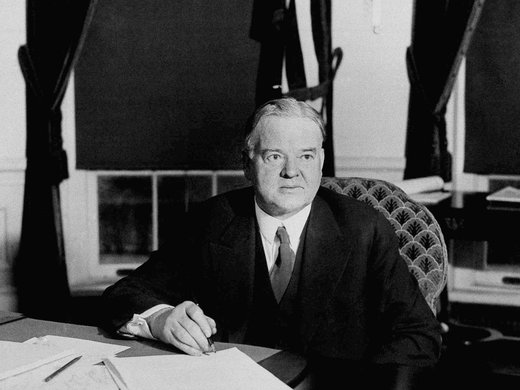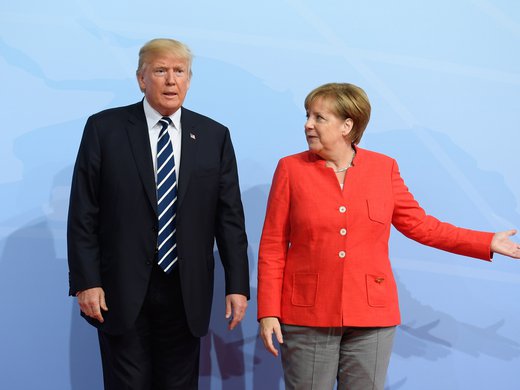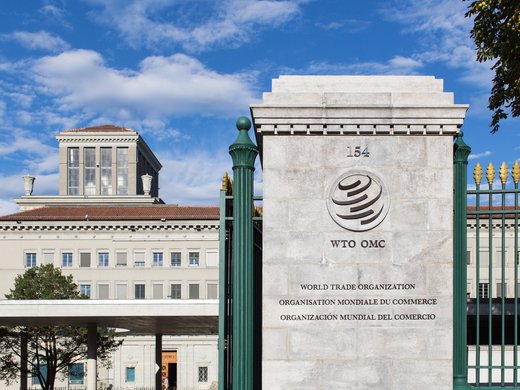For the first time in 70 years, the United States is widely viewed as hostile to a rules-based system for international trade — which poses a serious threat to the relationship between President Donald Trump’s America and the World Trade Organization (WTO).
Following the WTO ministerial conference that took place in Buenos Aires December 10–13, it’s more apparent than ever that trade ministers from other nations need to preserve the system and resist efforts to weaken international cooperation.
The United States’ changed role in international trade is difficult to comprehend. As Dartmouth economics professor Douglas Irwin documents in his exhaustive and authoritative history of US trade policy, Clashing over Commerce (University of Chicago Press, 2017), for much of the past seven decades, US trade policy was governed by a broad bipartisan consensus that reflected two factors. First, in the post-World War II period, the United States was needed to provide geopolitical leadership and safeguard international security. The second factor behind the postwar trade policy consensus was the belief that international peace rested on shared prosperity.
And as a result, the postwar “architecture” of international financial institutions (the International Monetary Fund and the World Bank) and trade arrangements were built to promote cooperation between members. This approach successfully transformed the way people viewed the global economy; it became a positive-sum game that benefited all who played by the rules.
Since the election of Trump, that approach has been shattered.
America-first policies threaten to resurrect the zero-sum perspective that contributed to the collapse of global trade in the 1930s, and Trump’s clarion call is that the rules of the game, which the WTO oversees, are stacked against the United States.
It is tempting to dismiss the president’s broadsides as unfounded populist rhetoric, and that may be the case. Ironically, however, the Trump trade doctrine, which eschews multilateral deals in favour of bilateral arrangements, might have the effect of bolstering multilateralism.
If the trade ministers who gathered in Buenos Aires choose to strengthen their commitment to international cooperation — in direct opposition to Trump’s trade policies — they could provide a bulwark against the tide of nationalism that threatens the global economy.
Admittedly, this possibility seems remote. For the past 25 years multilateralism has gradually given way to a web of bilateral and plurilateral trade agreements, leading to what the distinguished trade economist Jagdish Bhagwati refers to as the “spaghetti bowl” of international trade.
To some extent, this shift away from multilateral agreements to bilateral trade arrangements reflects the success of trade deals in reducing average tariff levels on goods, resulting in the need to find gains from trade in services. Not surprisingly, this refocus coincided with the growing affluence of advanced countries and the rising share and importance of services in expenditure and production. Addressing trade in such areas often involved far more detailed arrangements regarding intellectual property and investment protections that were easier to negotiate on a bilateral basis.
Any trade agreement entails a balancing of interests, and these agreements tend to protect advanced countries’ investments in research and development in return for market access. This is all well and good for the owners of those patents and the shareholders of firms with substantial overseas investments. It is less clear if these agreements are in the interests of unskilled workers in advanced countries that are now confronted with competing unskilled labour elsewhere in the world, and growing inequality at home.
Responsibility for attenuating inequality does not lie with the WTO — it is, appropriately, the responsibility of national governments. But the WTO can play an important role in assessing trade agreements on more than the benefits they generate and ensuring that trade ministers consider who receives those benefits and who is harmed by the disruption that trade can entail.
That disruption is manifest in the backlash to globalization and the appeals to economic nationalism in the United States and elsewhere. In this respect, the WTO meeting in Argentina represented an opportunity to begin addressing the distributional issues associated with trade, which have for too long been ignored.
Expectations for the Buenos Aires meeting of WTO trade ministers were low. This is wholly understandable given the hostility of the Trump administration to international commitments in general, and trade agreements in particular. However, trade ministers from other countries can reject attempts to undermine multilateralism and a rules-based system. And they can acknowledge that trade liberalization must be supported with domestic policies to ensure that the benefits of freer trade are equitably shared.
Failure to address these issues could lead to the loss of the rules-based global trading system, which for the past seven decades has been an engine of international prosperity and development. In contrast, unity in the face of threats to the system would provide a powerful alternative to the Trump doctrine.



